WWF has identified farmed shrimp and salmon as priority commodities because, collectively, they represent the largest share of the global farmed seafood market. Consequently, they can have a significant negative impact on the places and species we seek to protect. Additionally, we are working to advance responsible seafood farming for abalone, bivalves (clams, mussels, scallops and oysters), cobia, freshwater trout, pangasius, seriola, and tilapia.
In 2004, we initiated and coordinated the Aquaculture Dialogues, a series of eight roundtables that included over 2,000 farmers, retailers, NGOs, scientists and other important stakeholders within the aquaculture industry. Together, the group committed to developing measurable and performance-based standards for responsibly farmed seafood. These standards focus on measureable performance and encourage innovation to reduce environmental impacts.
In 2009, WWF co-founded the Aquaculture Stewardship Council (ASC) with the Dutch Sustainable Trade Initiative (IDH) to manage the global standards and certification programs. ASC works with Accreditation Services International (ASI) to accredit independent certification bodies to audit and certify compliant farms. WWF also engages with governments in countries that produce and export farmed seafood to design regulatory policy that will support a responsible aquaculture industry. We encourage financial institutions to be diligent in placing sustainability filters on loan applications for aquaculture operations.
Click here to read more about why WWF cares about the production of meat, poultry, dairy and seafood.
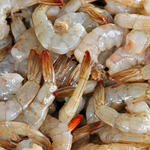 Farmed Shrimp
Farmed Shrimp
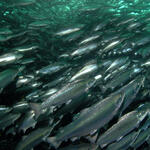 Farmed Salmon
Farmed Salmon
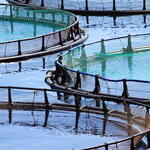 Other Farmed Seafood
Other Farmed Seafood
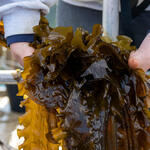 Farmed Seaweed
Farmed Seaweed
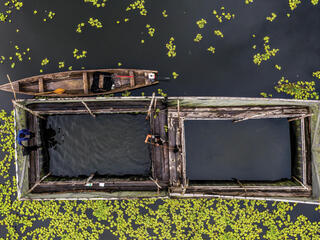
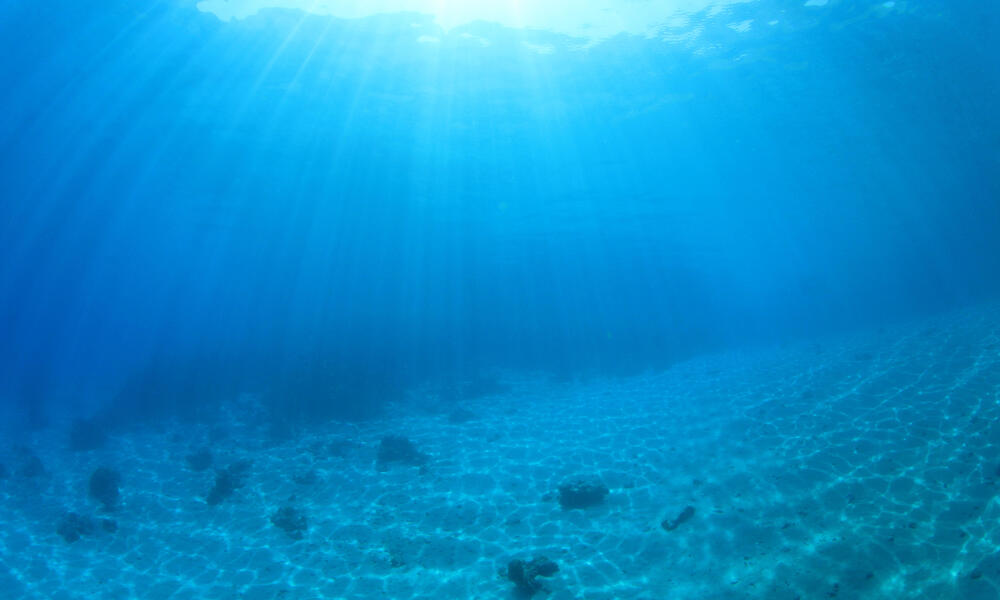
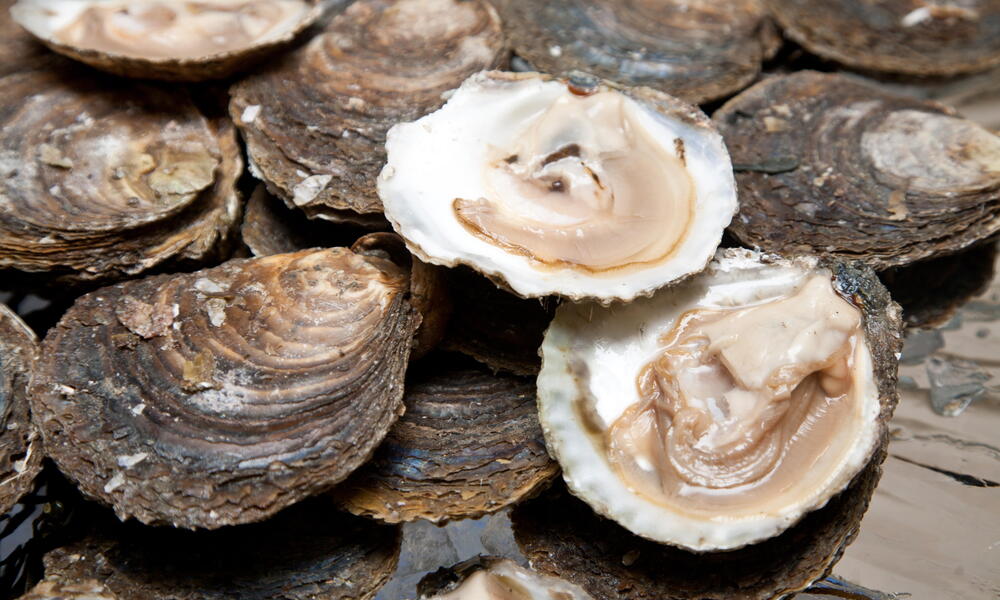
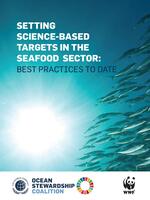
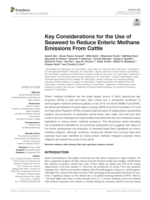
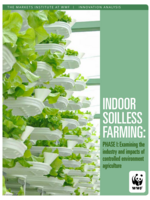

 Jason Clay
Senior Vice President, Markets | Executive Director, Markets Institute
Jason Clay
Senior Vice President, Markets | Executive Director, Markets Institute
 Aaron McNevin
Global Network Lead, Aquaculture
Aaron McNevin
Global Network Lead, Aquaculture